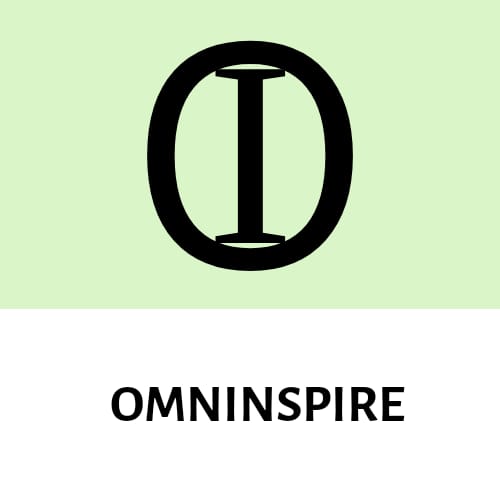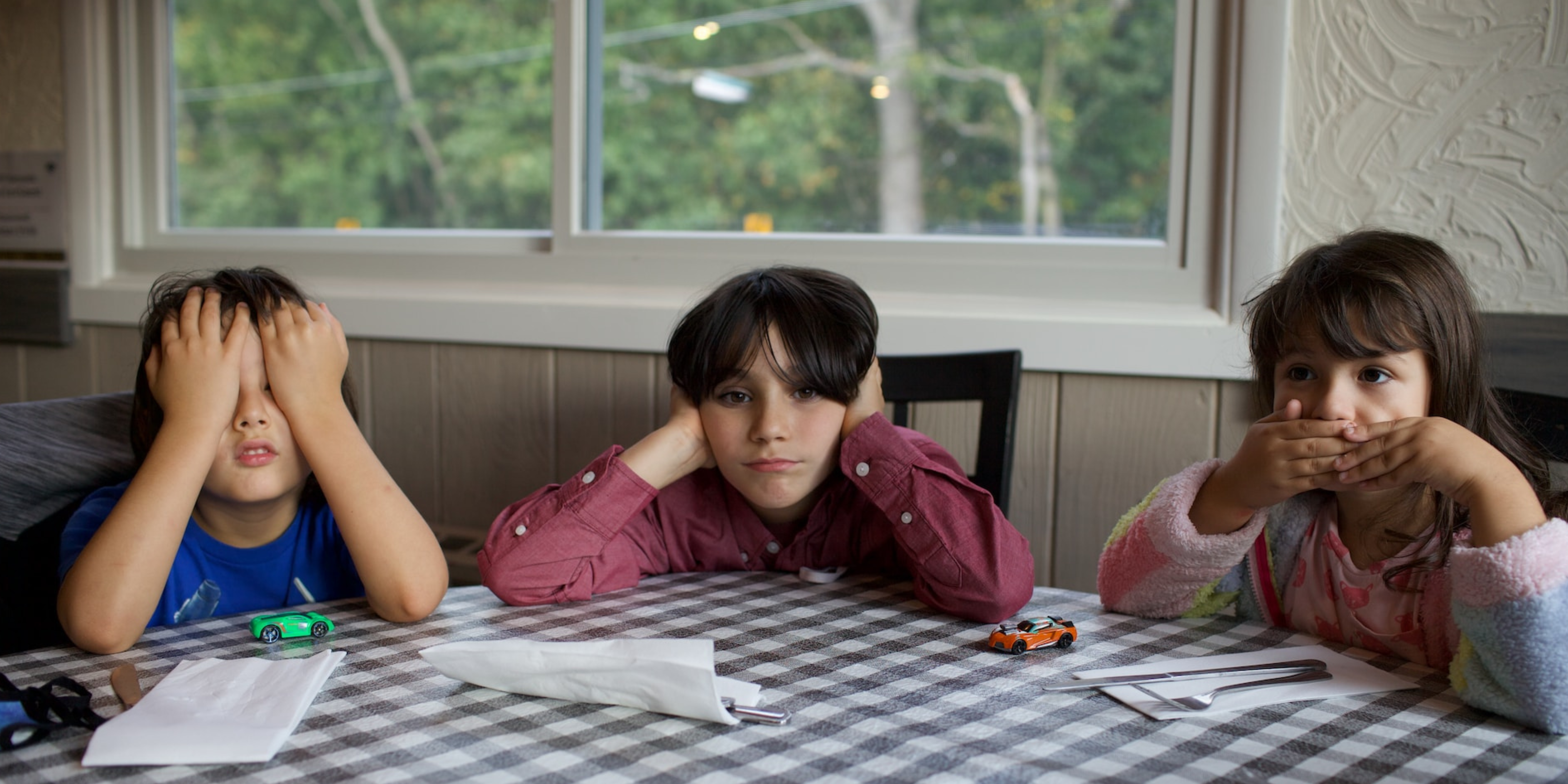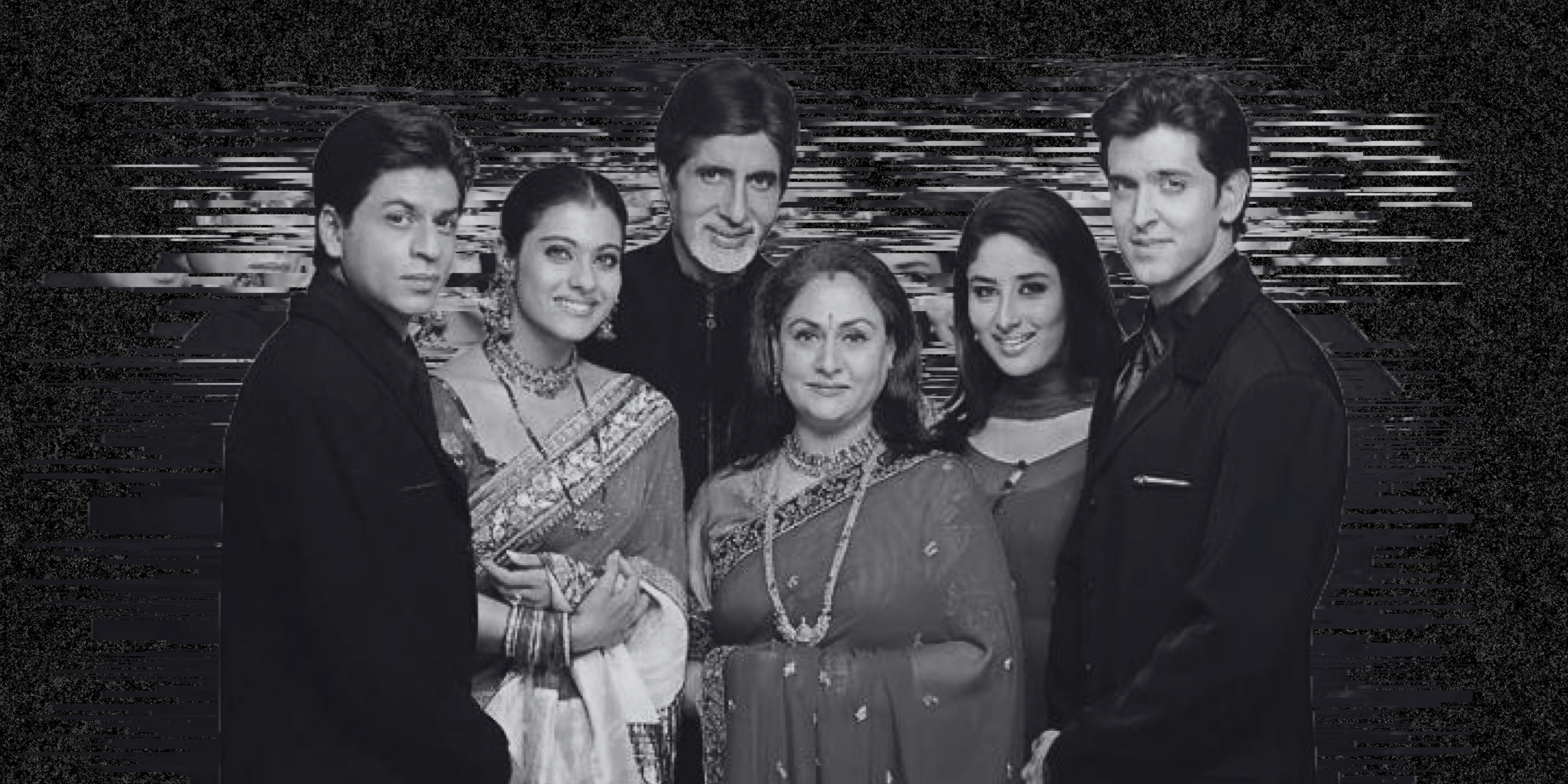Picture Credits : Keren Fedida
Parental jealousy is complex and unspoken. It arises from envy or longing towards one’s own children. Despite love and care, it quietly creeps in due to unmet desires or past traumas. This jealousy stems from stark contrasts between experiences. It requires understanding, introspection, and compassion. Parents grapple with conflicting feelings of pride, admiration, and resentment.
Still seems unbelivable that parents can be jealous of their offsprings inspite of loving them more than themselves?! Here are a few real life scenarios that will make you go “oh! I have experienced these!”
- Academic Success: A parent may feel jealous when their child consistently achieves top grades and academic recognition, especially if they struggled academically during their own school years.
- Creative Talents: Witnessing their child showcase remarkable artistic or musical abilities can evoke jealousy in a parent who may have always desired such talents but never had the opportunity to explore them.
- Physical Appearance: A parent may feel envious if their child possesses physical attributes or beauty that they themselves wish they had or were praised for during their own youth.
- Personal Achievements: Parents may experience jealousy when their child accomplishes personal goals or milestones that they were unable to achieve themselves, such as running a marathon or publishing a book.
- Emotional Support: Witnessing their child receive unwavering emotional support and nurturing from others may trigger jealousy in a parent who lacked emotional support in their own upbringing and yearns for such care.
Here, Let us explore the phenomenon of parental jealousy, its underlying causes, and how parents can navigate these emotions while maintaining a healthy and loving relationship with their children.
Understanding Parental Jealousy
Parenting is a journey filled with contrasts, and these contrasts can trigger feelings of jealousy within parents. It’s important to recognize that these feelings are not a reflection of a parent’s love or commitment to their child, but rather a response to the stark differences between their own childhood experiences and what they observe in their children. For instance, witnessing their child receive tender love and support from a parent can evoke painful memories of their own parental neglect or abuse. These contrasts evoke deep-seated longings and can lead to feelings of jealousy.
Acknowledging and Normalizing Parental Jealousy
Feeling jealous of your child does not make you a bad parent. It is a normal and natural emotional response, especially for those who have experienced relational trauma in their past. It’s essential to understand that it’s okay to have these emotions and that they can coexist with love for your child. The first step is to acknowledge and normalize these feelings, recognizing that they stem from your own experiences and desires for your child.
Also Read : Are You Envious or Jealous?
Navigating Parental Jealousy
When faced with jealousy towards your child, it is important to approach these emotions with compassion and self-reflection. Instead of immediately taking action, consider simply being present with the feeling. Take a moment to breathe and engage in mindful curiosity. Allow yourself to explore the underlying reasons behind your jealousy and reflect on what it represents for you personally.
Embracing Emotional Healing
Parental jealousy can serve as a catalyst for further emotional healing. Use these feelings as an opportunity to grieve the aspects of your own childhood that you may have missed out on. Allow yourself to process the pain and disappointment, and seek support from a therapist or counselor if needed. Additionally, consider using these emotions as a motivation to cultivate moments of repair for yourself as an adult. Focus on giving yourself the love, care, and attention that you may have longed for as a child.
Parental jealousy is a complex and sensitive topic that many parents may experience but hesitate to address. It’s crucial to understand that feeling jealous of your child does not diminish your love for them or make you a bad parent. By acknowledging and normalizing these emotions, parents can embark on a journey of self-reflection and emotional healing. Embracing these feelings as an opportunity for growth and cultivating self-compassion can ultimately lead to a stronger and more fulfilling relationship with both yourself and your child.





